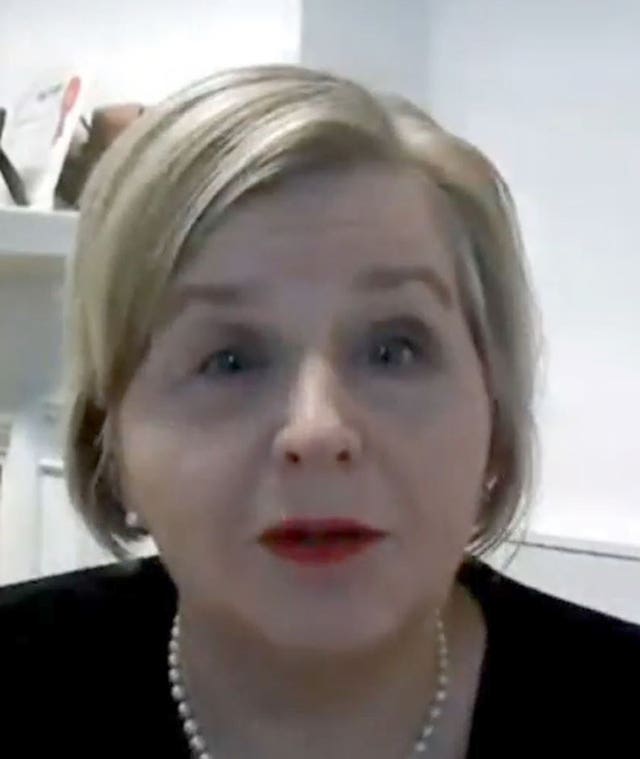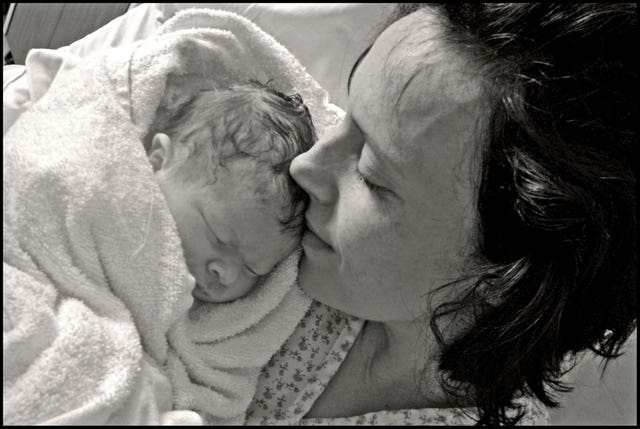Shropshire baby deaths scandal: NHS to spend £95 million improving maternity care following damning report
The NHS is set to spend £95 million to improve maternity care in England following a damning report at scandal-hit Shrewsbury and Telford Hospital Trust.

In December last year, an independent inquiry found babies’ skulls were fractured and medical staff at Shrewsbury and Telford Hospital Trust (SaTH) blamed grieving mothers for the deaths of their children.
Now, NHS England has committed to investing £95 million for workforce numbers, training and development programmes to support culture and leadership, and strengthening board assurance and surveillance to identify issues earlier.

The inquiry into deaths and allegations of poor care at SaTH was set up in 2017 and is reviewing 1,862 families – making it “the largest number of clinical reviews undertaken relating to a single service, as part of an inquiry, in the history of the NHS”.
Former senior midwife Donna Ockenden’s report said “one of the most disappointing and deeply worrying themes” was the “reported lack of kindness and compassion from some members of the maternity team at the trust”.
The chief executive of the trust apologised for the “pain and distress” caused to mothers and families due to poor maternity care – after the review found staff had been “flippant”, “abrupt” and “dismissive”.
The review also said the deaths of Kate Stanton Davies in 2009 and Pippa Griffiths in 2016, whose families had campaigned for an independent review into maternity care at the trust, “were avoidable”.

The decision at the NHS England board on Thursday said follow-on funding would be subject to decisions in future years.
In the agenda for NHS England’s board meeting, it read: “The NHS is committed to providing safe, compassionate maternity services.
“While there has been clear progress over last five years of the Maternity Transformation Programme (MTP), Donna Ockenden’s first report (the Ockendon report) has highlighted variation and women and their families are not always receiving the care that they should.
“The seven ‘immediate and essential actions’ (IEAs) outlined in the Ockendon report include local, system and regional actions. We have introduced a quality assurance (QA) process to evaluate compliance against the seven IEAs, and to then support those organisations requiring improvement plans to reach full compliance.
“As a first step, we are also investing £95 million in the three overarching themes that have been identified; workforce numbers, training and development programmes to support culture and leadership, and strengthening board assurance and surveillance to identify issues earlier, thereby enabling rapid intervention.”
Professor Jackie Dunkley-Bent, NHS England’s chief midwifery officer, said: “Thanks to the efforts of NHS staff, there have been huge improvements in maternity services for women in England over the last decade – from fewer still births and better post-birth check-ups for new mums, to safely supporting the birth of up to 600,000 babies during the pandemic.
“Today’s report shows not just how safe it is to give birth in this country, but how we plan to make new and expectant mums’ experience of care better.
“The funding means we can build on and accelerate progress and make maternity services in England safer and better for women, babies and their families.”




